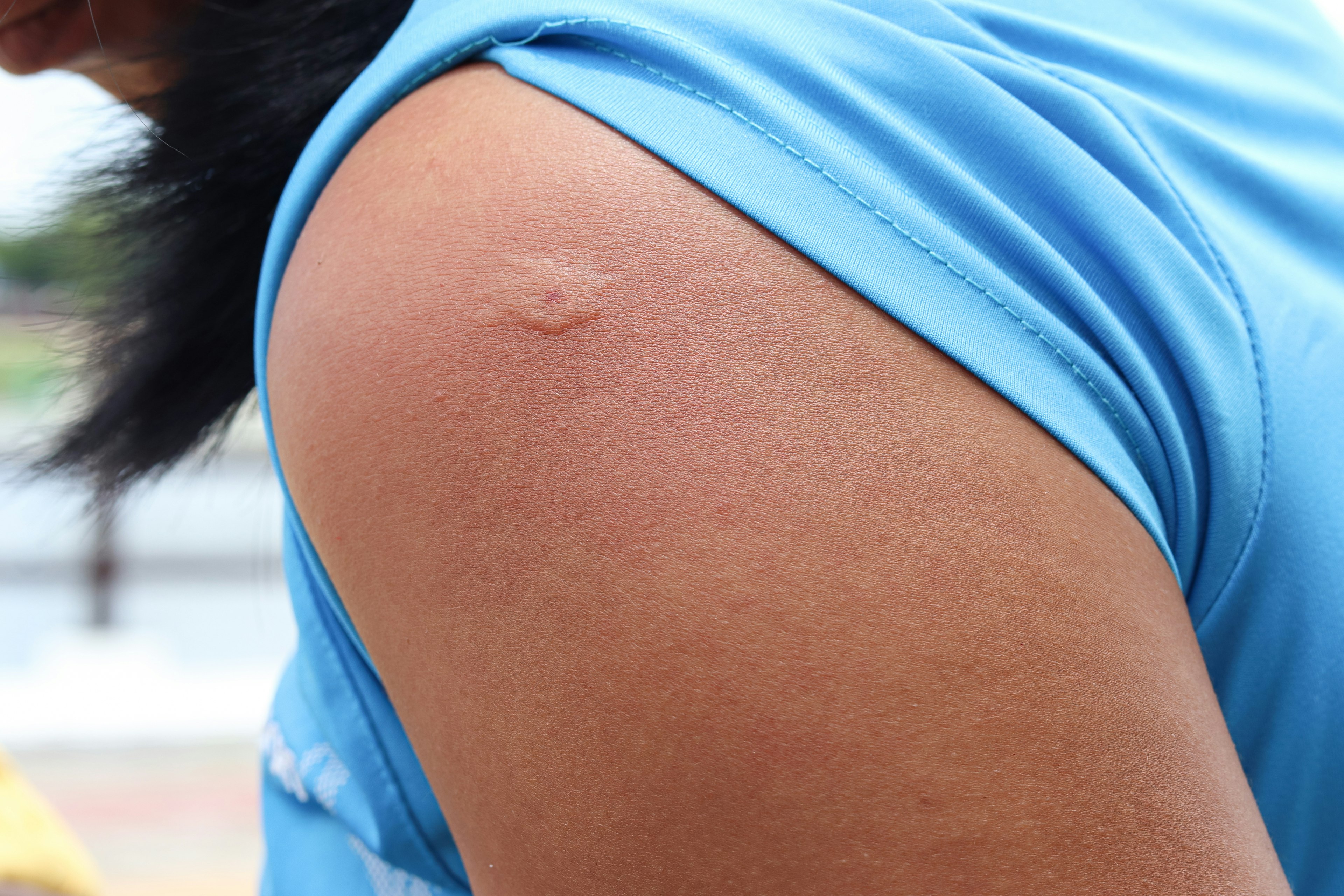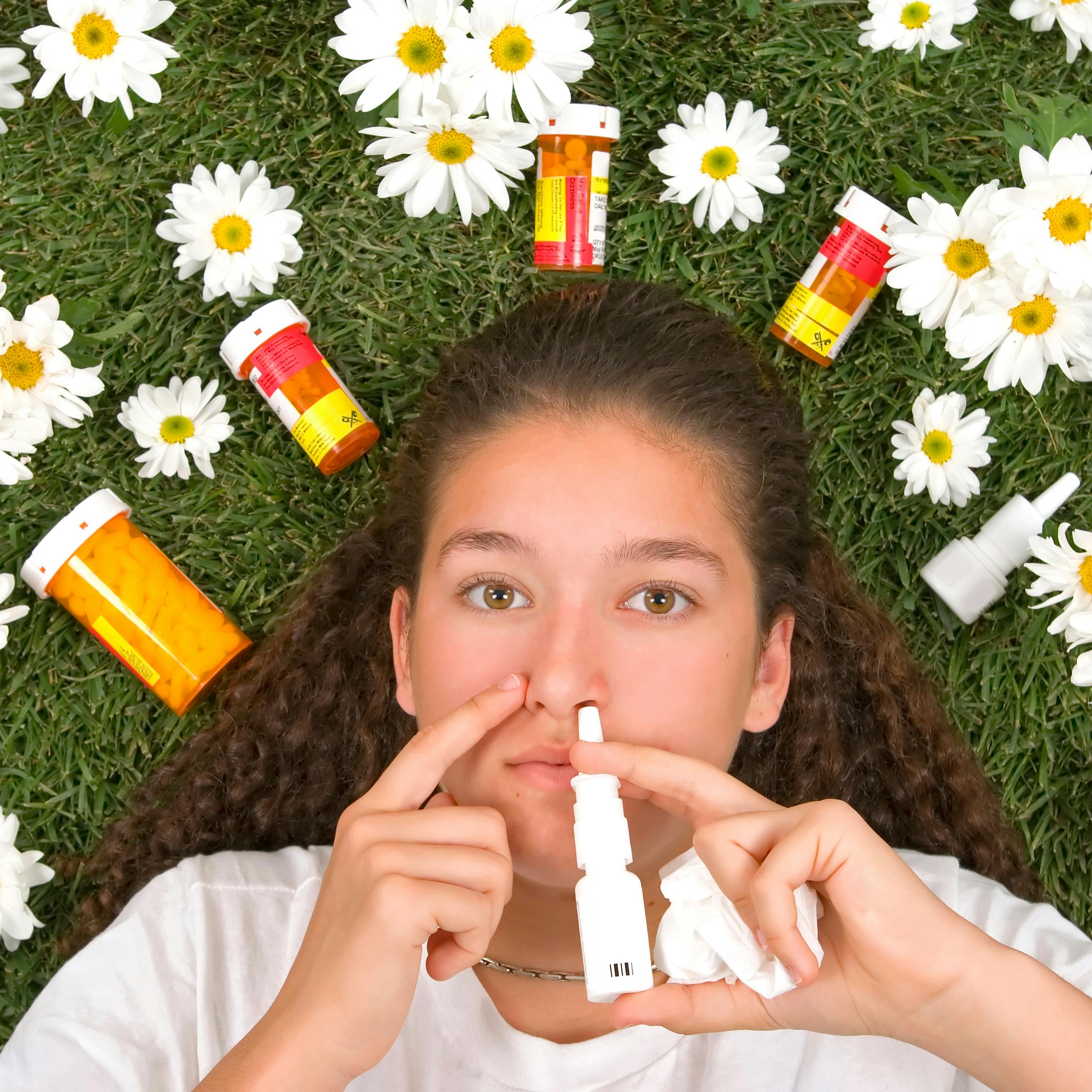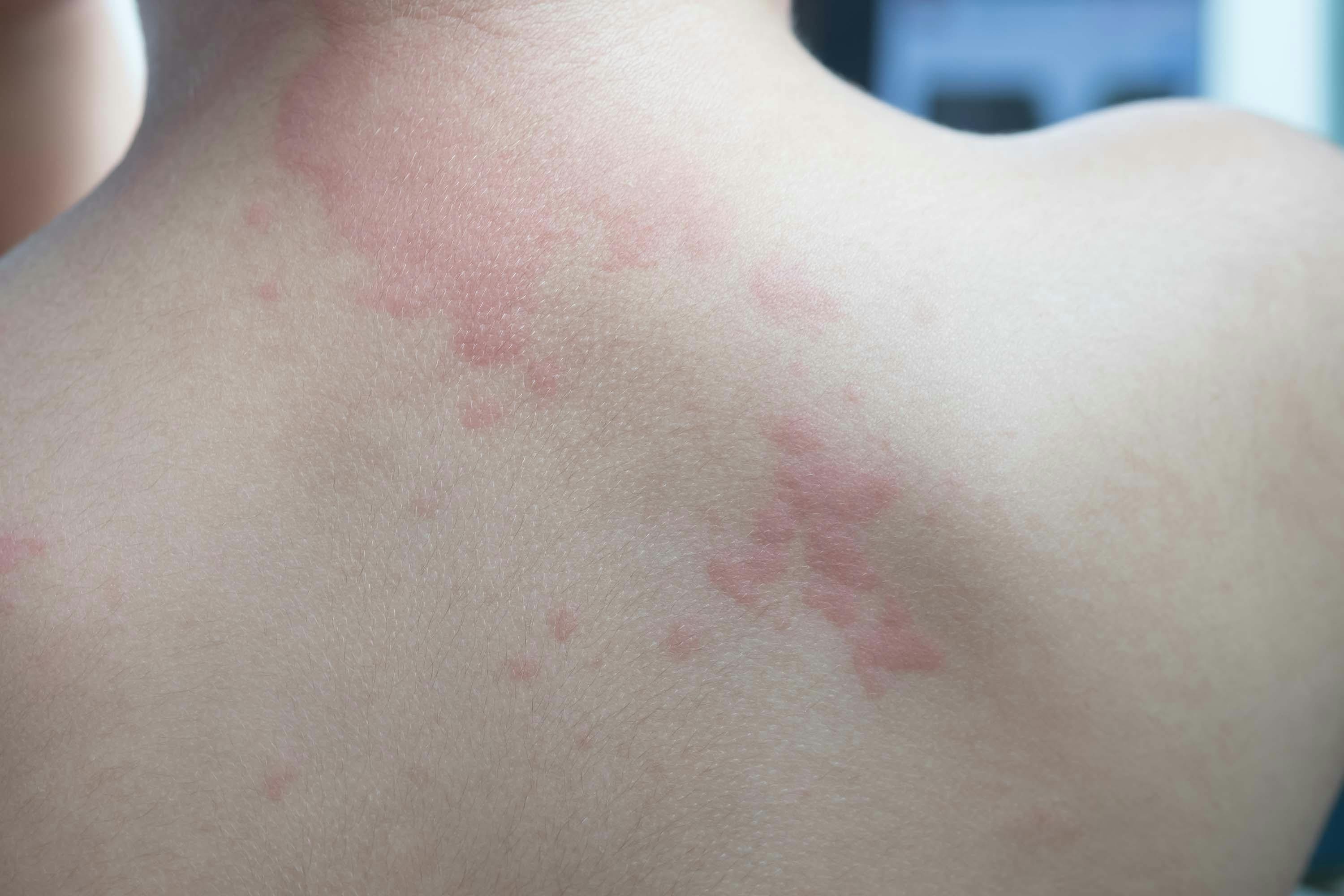When someone says they have a bee sting allergy, what do they really mean? As an allergist, I hear this phrase all the time—but the truth is, it’s often misunderstood. Not every reaction to a bee sting is a true allergy, and not every “bee” sting is even from a bee. Let’s clear up the confusion.
Large Local Reactions ≠ Bee Allergy
One of the most common misconceptions is that a large, swollen reaction automatically means an allergy. These are called large local reactions.
- They cause significant swelling (sometimes of an entire arm or leg).
- They are uncomfortable but not dangerous.
- They usually don’t predict future severe allergic reactions.
Treatment for large local reactions:
- Cold compresses
- Antihistamines
- Sometimes topical or oral/injectable steroids (if severe)
These reactions do not usually require an epinephrine auto-injector (EpiPen).
Was It Even a Bee?
Many people assume they were stung by a bee when, in fact, the culprit was a yellow jacket, wasp, or hornet. All belong to the Hymenoptera family, but their venom differs. Even experts sometimes can’t tell unless the insect was clearly seen.
This matters because accurate diagnosis helps guide the right treatment and long-term allergy management.
Venom Allergy Symptoms (When to Worry)
A true venom allergy involves systemic symptoms beyond the sting site. Warning signs of anaphylaxis include:
- Hives away from the sting site
- Swelling of lips, face, tongue, or throat
- Wheezing, trouble breathing, or chest tightness
- Dizziness, fainting, or drop in blood pressure
If you experience these, seek emergency care immediately and see an allergist to discuss next steps.
Venom Allergy Treatment: What to Do
Mild/local reactions:
- Wash the area with soap and water
- Apply a cold pack
- Take an oral antihistamine if itchy/swollen
- Use topical steroid cream if needed
Severe reactions (anaphylaxis):
- Use an epinephrine auto-injector (if prescribed and available)
- Call 911 immediately
- If symptoms progress rapidly or involve breathing/swallowing or lightheadedness, use epinephrine immediately and call 911—don’t wait to see if it improves
- Follow up with an allergist for long-term management
Venom Allergy treatment in Houston, TX often involves evaluation by an allergist, and for patients with a history of severe reactions, venom immunotherapy—a treatment proven to prevent future life-threatening reactions.
A Quick Note About Testing
Venom allergy testing is only recommended if you’ve had systemic symptoms. Testing people without reactions can give false positives and lead to unnecessary worry.
The Bottom Line
- Not every sting means you’re allergic.
- Not every swollen arm needs an EpiPen.
- And not every “bee sting” is actually from a bee.
Bee Sting Allergy Treatment in Houston: Get Expert Care
If you’ve had symptoms that suggest a venom or bee sting allergy, don’t leave it to guesswork. At CLS Health in Houston, our board-certified allergists provide:
- Expert evaluation for those with a history of reactions to stings
- Testing when appropriate
- Venom immunotherapy for long-term protection
- Personalized allergy treatment in Houston, TX
Don’t wait until the next sting puts you at risk. Schedule your appointment with CLS Health Allergy & Immunology in Houston today and take the first step toward safe, effective allergy care.





